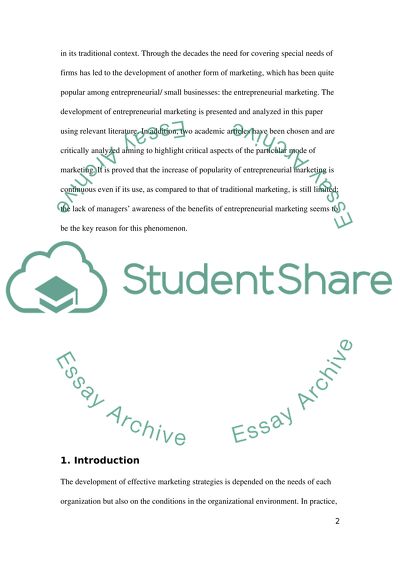Cite this document
(“The Development of Entrepreneurial Marketing Assignment”, n.d.)
Retrieved from https://studentshare.org/marketing/1404239-the-development-of-entrepreneurial-marketing
Retrieved from https://studentshare.org/marketing/1404239-the-development-of-entrepreneurial-marketing
(The Development of Entrepreneurial Marketing Assignment)
https://studentshare.org/marketing/1404239-the-development-of-entrepreneurial-marketing.
https://studentshare.org/marketing/1404239-the-development-of-entrepreneurial-marketing.
“The Development of Entrepreneurial Marketing Assignment”, n.d. https://studentshare.org/marketing/1404239-the-development-of-entrepreneurial-marketing.


